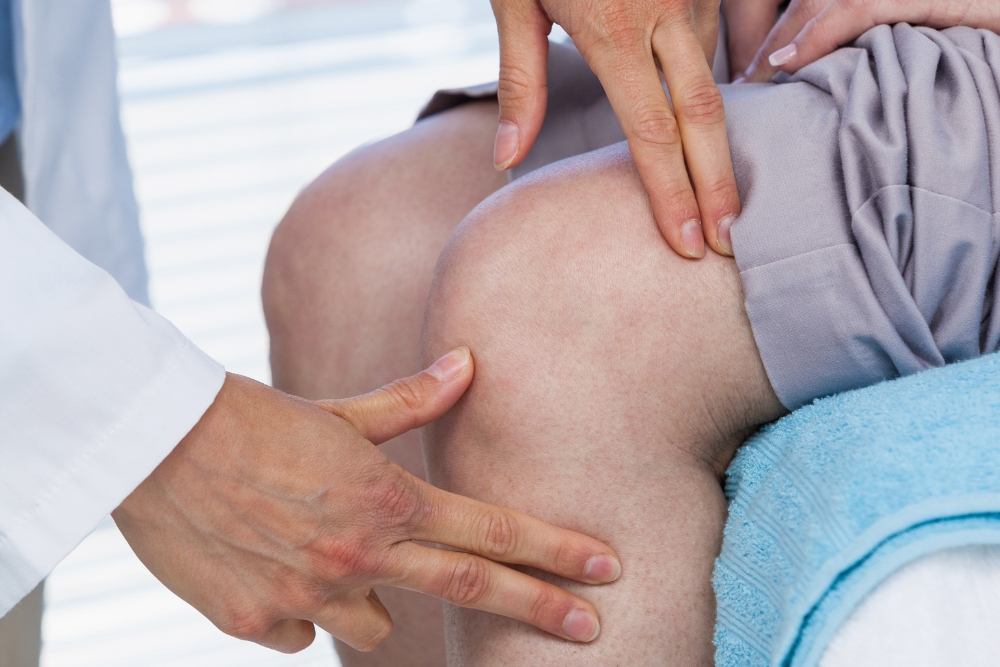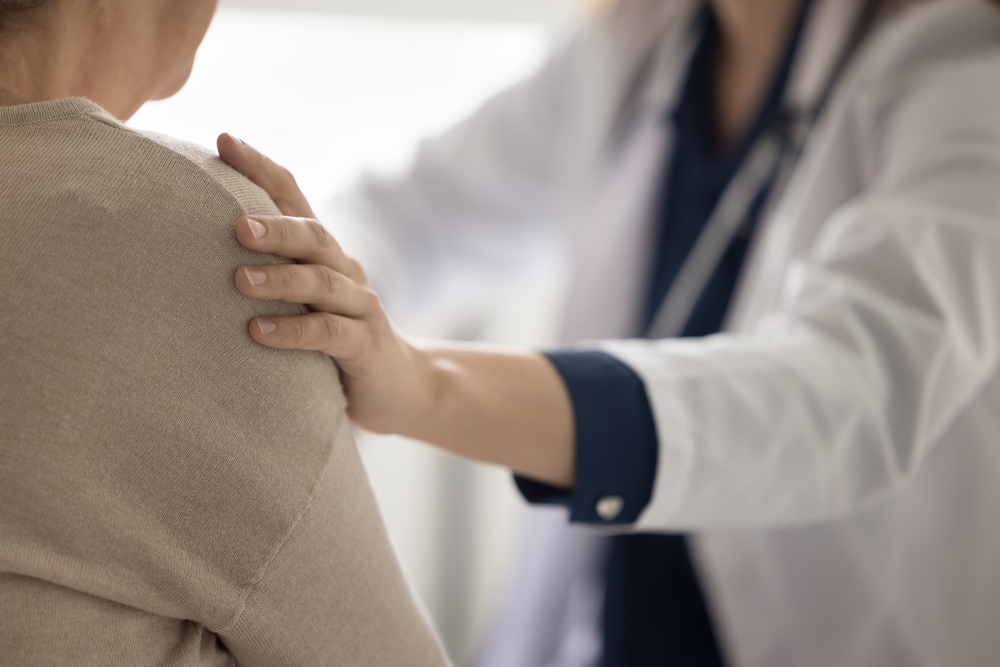HELP IS HERE: MAJOR DEPRESSIVE DISORDER TREATMENTS
Major Depressive Disorder (MDD) impacts millions of people worldwide, affecting their ability to work, maintain relationships, and find joy in daily activities. Unlike occasional feelings of sadness, MDD is a serious medical condition requiring professional intervention. The good news is that effective treatments exist, combining various approaches tailored to individual needs. Understanding available options is the first step toward recovery, with success rates improving significantly when treatments are personalized and patients actively participate in their care plans.

Understanding Major Depressive Disorder
Major Depressive Disorder is more than just feeling sad or going through a rough patch. It’s a clinical condition characterized by persistent feelings of sadness, hopelessness, and a loss of interest in previously enjoyed activities that significantly impact daily functioning. The condition affects approximately 7% of the adult U.S. population in any given year, with women experiencing depression at roughly twice the rate of men.
MDD involves multiple biological, psychological, and social factors. Neurologically, depression is associated with changes in brain structure and chemistry, particularly involving neurotransmitters like serotonin, dopamine, and norepinephrine. Genetic predisposition plays a role, with individuals having a first-degree relative with depression being 2-3 times more likely to develop the condition. Environmental factors such as trauma, chronic stress, major life changes, and certain medications can trigger depressive episodes in vulnerable individuals.
Diagnosis typically requires the presence of at least five depression symptoms persisting for two weeks or longer. These may include depressed mood, diminished interest in activities, significant weight changes, sleep disturbances, fatigue, feelings of worthlessness, difficulty concentrating, and recurrent thoughts of death or suicide. Understanding these underlying mechanisms helps healthcare providers determine the most appropriate treatment approaches.
Psychotherapy and Lifestyle Approaches
Psychotherapy forms a cornerstone of depression treatment, offering structured approaches to address thought patterns and behaviors that contribute to depressive symptoms. Cognitive Behavioral Therapy (CBT) is particularly effective, helping patients identify negative thought patterns and develop healthier thinking strategies. Studies show that CBT can be as effective as medication for mild to moderate depression, with lower relapse rates when therapy skills are maintained.
Other evidence-based psychotherapies include Interpersonal Therapy (IPT), which focuses on resolving relationship difficulties; Dialectical Behavior Therapy (DBT), which helps regulate emotions; and Psychodynamic Therapy, which explores unconscious processes affecting current behavior. Group therapy provides additional benefits through peer support and shared experiences.
Complementing professional therapy, lifestyle modifications play a crucial role in depression management. Regular physical exercise has demonstrated effectiveness comparable to antidepressants for some people, releasing endorphins and improving overall well-being. Nutrition also impacts mental health, with research suggesting that Mediterranean-style diets rich in omega-3s, whole grains, lean proteins, and fresh produce may help reduce depression risk. Consistent sleep habits, stress management techniques, social connection, and mindfulness practices further support recovery and maintain mental wellness.
Medications and Advanced Therapies
Pharmacological interventions remain a primary treatment for moderate to severe depression. Selective Serotonin Reuptake Inhibitors (SSRIs) are typically prescribed first due to their relatively favorable side effect profile compared to older medications. These medications increase serotonin levels in the brain by preventing its reabsorption. Common SSRIs include fluoxetine, sertraline, and escitalopram.
For patients who don’t respond adequately to SSRIs, other medication classes may be prescribed, including Serotonin-Norepinephrine Reuptake Inhibitors (SNRIs), atypical antidepressants, tricyclic antidepressants, and monoamine oxidase inhibitors (MAOIs). Each works through different mechanisms and carries distinct side effect profiles. Most antidepressants require 2-6 weeks to reach full therapeutic effect, and medication trials often involve adjustments to find the optimal medication and dosage.
For treatment-resistant depression, more advanced interventions may be recommended. Electroconvulsive therapy (ECT) has shown high efficacy rates for severe depression, particularly when rapid response is needed. Transcranial magnetic stimulation (TMS) provides a non-invasive option using magnetic fields to stimulate nerve cells. Newer options include ketamine infusions, which can provide rapid relief for some patients, and vagus nerve stimulation (VNS), involving an implanted device that sends electrical impulses to the brain.
Comparison of Treatment Approaches
Different treatment modalities offer varying benefits depending on depression severity, individual response, and patient preferences. Understanding these differences helps clinicians and patients make informed decisions.
| Treatment Approach | Best For | Average Response Time | Considerations |
|---|---|---|---|
| Psychotherapy | Mild-moderate depression, maintenance | 8-16 weeks | Requires active participation; skills last beyond treatment |
| Antidepressants | Moderate-severe depression | 2-6 weeks | Side effects vary; may require trials of different medications |
| Combined Therapy | Moderate-severe depression | Faster than either alone | Higher cost but lower relapse rates |
| ECT | Severe, treatment-resistant cases | 2-3 weeks | Most rapid for serious cases; memory issues possible |
| TMS | Treatment-resistant depression | 4-6 weeks | Non-invasive; requires multiple sessions |
| Ketamine | Acute suicidality, treatment resistance | Hours to days | Rapid but temporary; requires maintenance |
Prices, rates, or cost estimates mentioned in this article are based on the latest available information but may change over time. Independent research is advised before making financial decisions.
Treatment costs vary significantly based on insurance coverage, treatment setting, and geographical location. Psychotherapy may range from $100-200 per session without insurance, while medication costs depend on the specific drug and whether generic versions are available. More specialized treatments like TMS typically cost $6,000-12,000 for a full course, while ECT may cost $2,500-5,000 per session, often requiring multiple sessions.
Emerging Trends and Personalized Care
Depression treatment is evolving toward increasingly personalized approaches. Genetic testing for medication selection, known as pharmacogenomics, helps identify which antidepressants might work best for individual patients based on their genetic makeup, potentially reducing the trial-and-error process of finding effective medication.
Digital mental health interventions, including therapy apps, telepsychiatry, and internet-based cognitive behavioral therapy (iCBT), are expanding access to treatment. These options have proven particularly valuable for patients in remote areas or those with mobility challenges. Many of these digital tools incorporate artificial intelligence to provide responsive support between traditional therapy sessions.
The gut-brain connection represents another frontier in depression treatment. Emerging research on the microbiome suggests that gut health influences mental health through what’s called the gut-brain axis. Preliminary studies indicate that probiotics and dietary interventions may supplement traditional treatments by addressing this connection.
Neuroimaging techniques are increasingly used to predict treatment response, helping clinicians select the most promising interventions based on brain activity patterns. Meanwhile, research into psychedelic-assisted therapy, particularly with psilocybin and MDMA under controlled clinical settings, shows promise for treatment-resistant depression, though these approaches remain investigational and require further research before widespread implementation.
This article is for informational purposes only and should not be considered medical advice. Please consult a qualified healthcare professional for personalized guidance and treatment.




